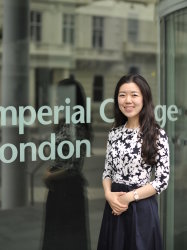BibTex format
@article{Attar:2023:10.1016/j.engappai.2023.106295,
author = {Attar, HR and Foster, A and Li, N},
doi = {10.1016/j.engappai.2023.106295},
journal = {Engineering Applications of Artificial Intelligence},
pages = {1--23},
title = {Development of a deep learning platform for sheet stamping geometry optimisation under manufacturing constraints},
url = {http://dx.doi.org/10.1016/j.engappai.2023.106295},
volume = {123},
year = {2023}
}

